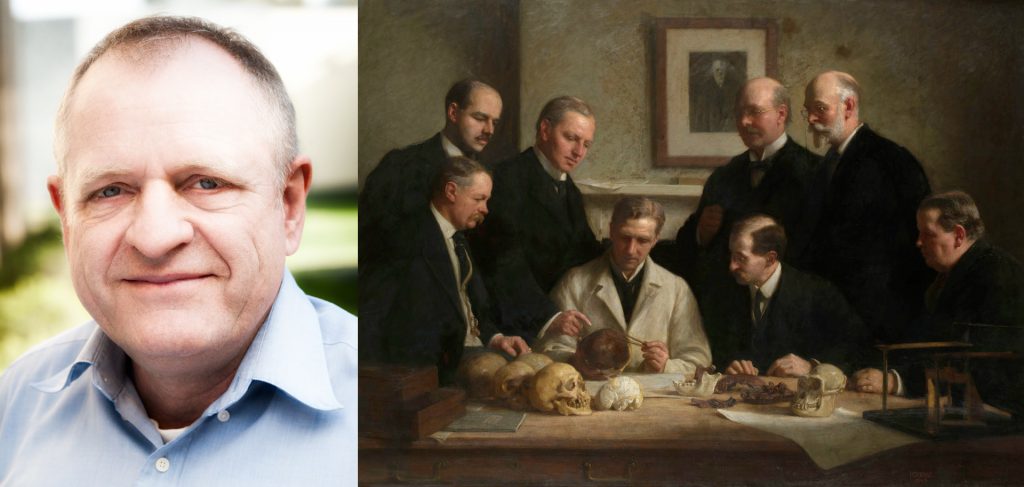Researchers Behaving Badly
Professor David Vaux
Assistant Director
Joint Division Head, Cell Signalling & Cell Death
Walter & Eliza Hall Institute of Medical Research
In a recent commentary in Nature, the head of oncology at Amgen reported that they could only reproduce the findings in research papers 11% of the time – even with the help of the authors of the papers. The numbers of retracted papers has been steadily increasing over the last ten years. One researcher – in anaesthetics – has retracted 183 papers. As the pressure to publish increases, and the grant success rate declines, there are more and more incentives to do the wrong thing.
The USA, UK, and most European countries have Offices for Research Integrity (ORIs) that can give advice to whistle-blowers, those who are accused, and institutions on how to handle allegations. ORIs can collect data, provide training materials, and act as an avenue for appeal. Australia does not have an ORI, so many cases are handled badly, and are often swept under the carpet. As a result, grant funds are wasted, careers are ended, and experimental animals and even human patients are put at unnecessary risk.
Join Professor David Vaux, who will give examples to illustrate the current problems, and suggest some important improvements.
About the Speaker
Professor David Vaux is the Assistant Director of The Walter and Eliza Hall Institute (WEHI). He graduated in medicine from the University of Melbourne, and completed a PhD at WEHI before a post-doctoral placement at Stanford University. His research is concerned with the molecular mechanisms of cell death. He is a Fellow of the Australian Academy of Science and was awarded the Victoria Prize for Science in 2003.









